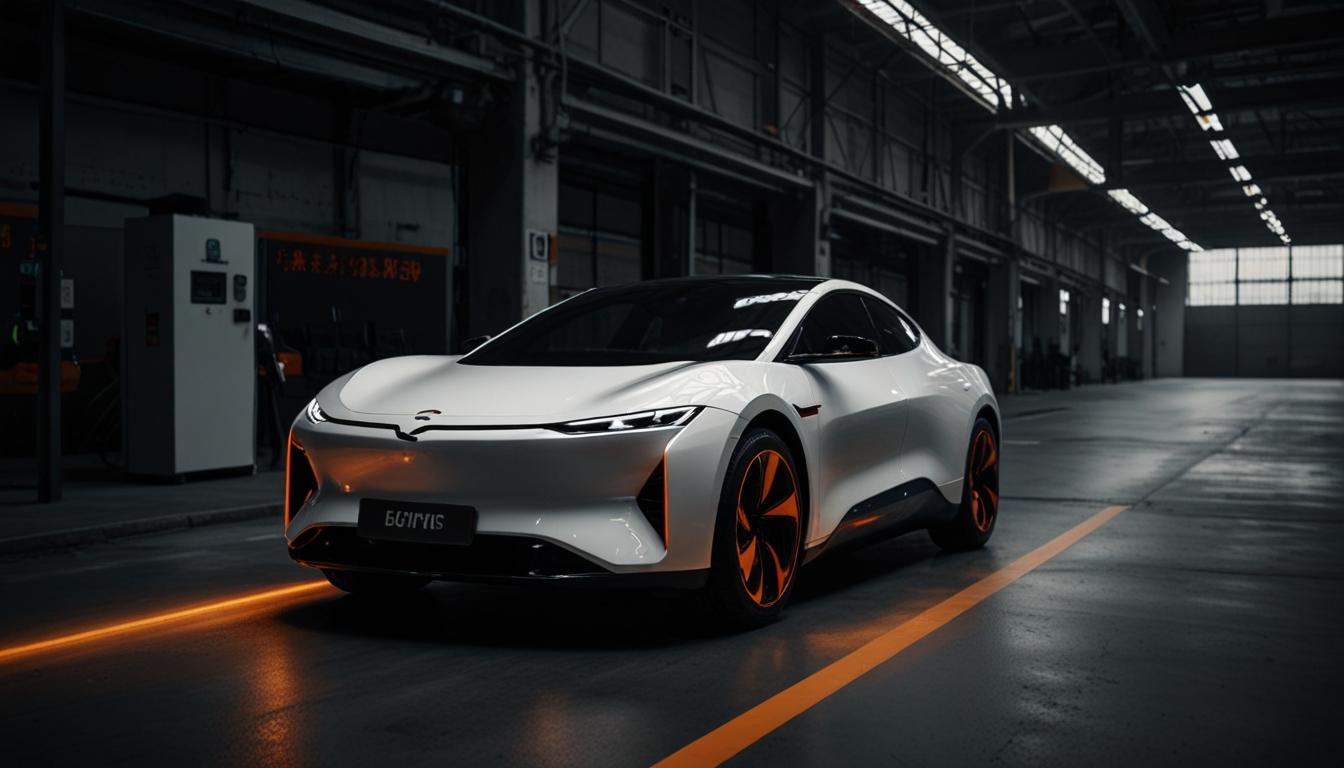The European Commission will enforce tariffs on Chinese electric vehicles, aiming to combat alleged state subsidies in the car manufacturing industry. This move could heighten trade tensions and impact market dynamics globally.
EU to Impose Tariffs on Chinese Electric Vehicles, Sparking Potential Trade War
The European Commission announced plans to implement tariffs on electric vehicles (EVs) imported from China, potentially igniting a trade war between the two economies. These tariffs, which aim to counter alleged state support for China’s car manufacturing industry, were introduced following a nine-month investigation into unfair subsidies.
Details of the Tariffs:
– The tariffs vary by brand, with MG owner SAIC facing the highest at 38.1%.
– Geely, which owns a stake in Volvo, will face a 20% tariff.
– BYD brands will incur a 17.4% duty, while manufacturers cooperating with the investigation will see a 21% tariff.
– These tariffs will be added to the existing 10% levy on all imported cars, raising total tariffs on Chinese EVs up to 48%.
The tariffs potentially kicking in on July 4 could increase the price of Chinese EVs significantly. For example, a 17.1% tariff would add €5,250 to a €30,000 car, while the highest tariff could increase the price by €11,450.
Impact on European and Global Markets:
These measures aim to prevent Chinese companies from undercutting European rivals and stalling the EU’s transition from internal combustion engine (ICE) vehicles to battery electric vehicles (BEVs). China’s share of the European EV market rose from 3.9% to 25% between 2023 and 2024.
Responses:
– China: Criticized the investigation as protectionist, vowing to safeguard its interests.
– Germany: Voiced concerns through its transport minister, Volker Wissing, and major corporations like Volkswagen and Mercedes-Benz, emphasizing the potential negative impacts on exports and market competition.
The proposed tariffs could alter the landscape of the automotive industry, affecting prices, competition, and international trade dynamics.













